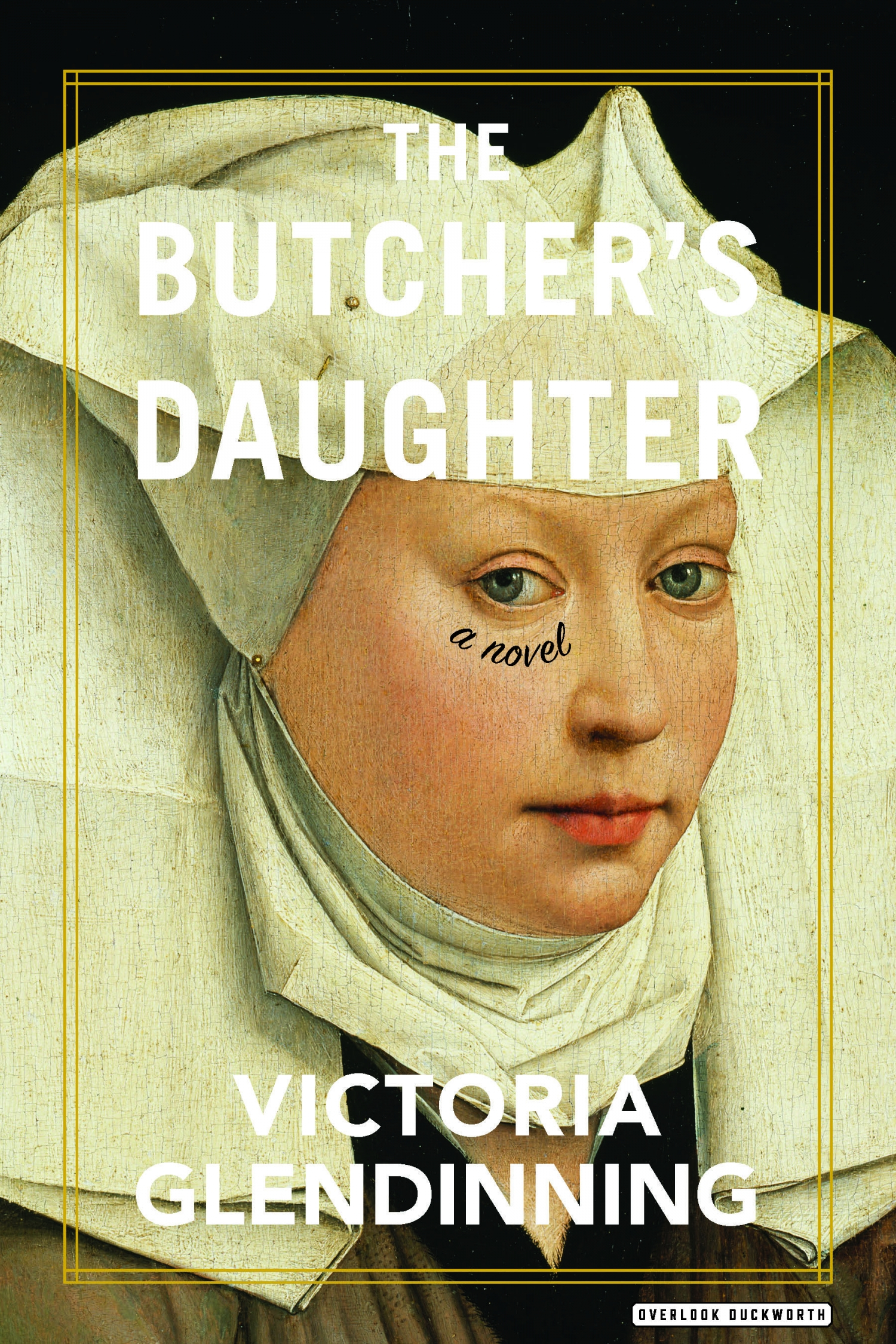

It is not often readers are afforded a look into the author’s own experiences. Short bursts of memories are easy to read, engaging, and incite the reader’s curiosity. Her own confusion and the turbulence dictating her life as a result of her family’s past is reflected effectively in the style of writing chosen by the author. I looked for the memoir style to follow a sequential order but, in Grende’s case, the random scattering of memories and the jumps she makes from one time period backwards and then forward again works well.

Grende pulls her memoir together with short chapters, each focusing on specific situations, distinct memories, and her own analyses of events from her childhood and teenage years.

Her words flow from page to page in the most poetic fashion with emphasis placed on short, striking bits of text highlighting especially difficult memories. Grende’s memoir is written in a unique and gripping style. The Butcher’s Daughter is Florence Grende’s own recollection of her life in New York City and her struggle to come to terms with her parents’ own battle with the memories of their lives in Germany during the Holocaust. Grende’s questions about her mother’s outbursts and her father’s deep, dark sadness lead her to answers she is afraid she already knows but is not willing to admit. Florence, their daughter, grows up watching her parents keep their demons at bay as she learns as much about her family’s haunting past as she learns about herself. The horrors of their past, however, never leave them and infiltrate every aspect of their lives in the United States. Florence Grende’s parents survived the Holocaust and managed to settle in New York City to provide a new life for their children.


 0 kommentar(er)
0 kommentar(er)
